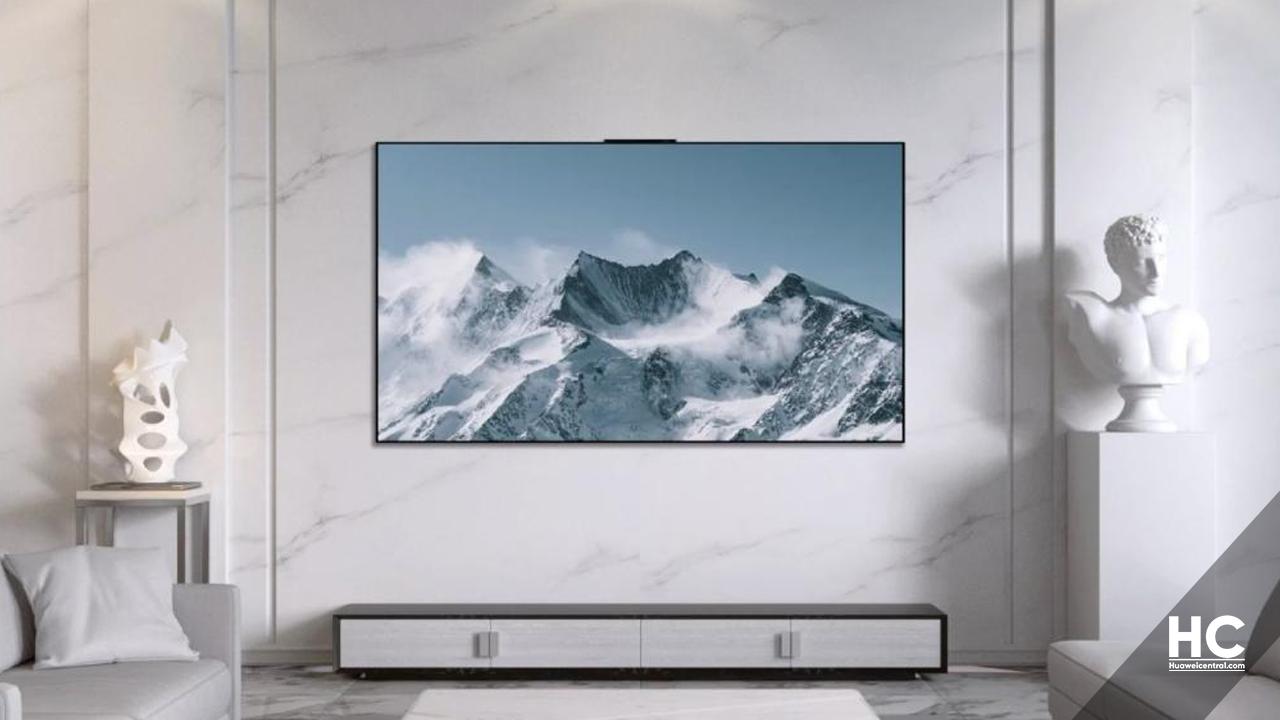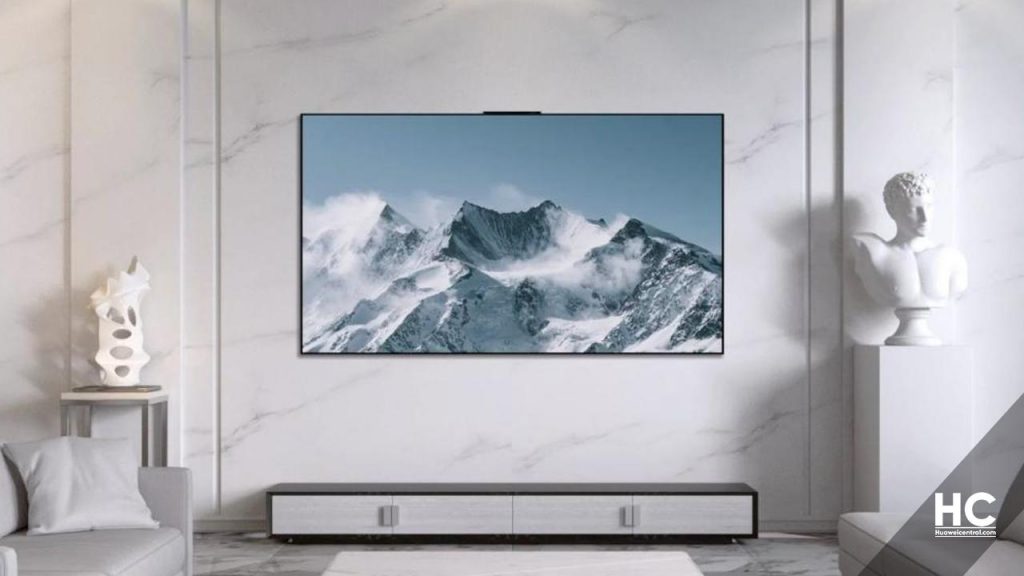HarmonyOS
HarmonyOS 2.0 update rolling out for Huawei Smart Screen X65, adds supports HDR Vivid dynamic display

In April 2020, Huawei added a model to its smart screen family, Huawei Smart Screen X65. This TV was launched with HarmonyOS 1.1 (Hongmeng OS) operating system, Honghu 898 chipset, 65-inch 4K HDR Ultra HD OLED Ultra-thin Full Screen, 120Hz high screen display, contains whopping 14 speakers.
In terms of camera, 24MP ultra-wide camera powered by HiSilicon Hi3669C camera chipset, 6GB RAM, 128GB internal storage. It also supports air gestures for features such as Play, Pause, Mute, Unmute, Playback progress, and volume adjustment of TV.
To install new improvements and features to this smart TV, Huawei has begun sending a new version of HarmonyOS, HarmonyOS 2.0 to the Smart Screen X65. This update brings support for China Ultra HD Video Industry Alliance (CUVA) HDR Vivid dynamic display support for better picture quality.
With this upgrade, simultaneously a batch of HDR Vivid video content has also landed on Huawei’s smart screen X65. Additionally, MeeTime, distributed games, remote housekeeping, distributed nursing, distributed audio, and other functions are also updated with this new version change.
Users can identify the update with HarmonyOS 2.0 version 2.0.0.172 (SP5C00E2R1P2). By installing this update, the X65 smart screen becomes the first device to support HDR Vivid dynamic HDR display standards.

HDR Vivid display technology:
HDR Vivid technology, allows different devices to present the best picture viewing effect through intelligent calculation. Whether it is a TV, a computer, or other display devices such as a mobile phone or a mobile tablet, lighting up HDR Vivid will increase the contrast of light and dark in the picture, establishing a clearer hierarchy and a more three-dimensional dimension.
To be mentioned, HDR Vivid offers high brightness 40 times that of SDR (standard dynamic range). Comparing HDR10 static technology with HDR Vivid is a dynamic HDR technology, it can optimize brightness, contrast, and color scene by scene, and provide a more accurate dynamic mapping method for the display terminal to make bright areas and dark areas.







